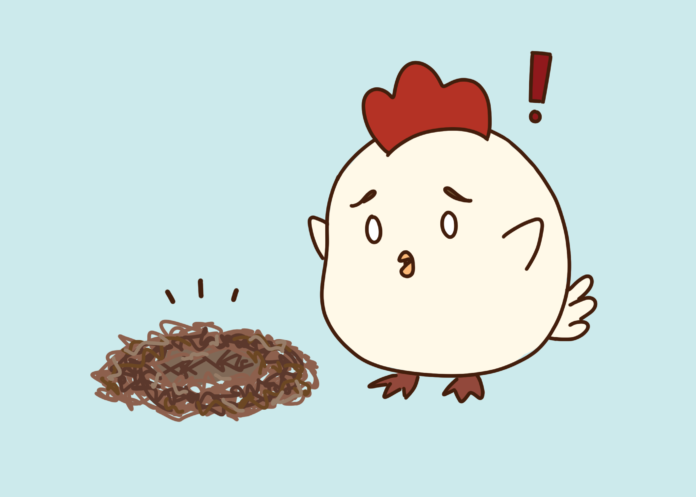The cause of our “egg-flation” and what we can do about it
By MICHELLE MENDOZA — mimendoza@ucdavis.edu
I never expected to struggle to find eggs. On average, Americans consume roughly 285.7 eggs per year, and per capita consumption of eggs has increased by 15% in the past 20 years, totaling 96.9 billion eggs in 2020. Eggs are a staple in Americans’ diets due to their low cost, their “egg-cellent” protein content and their versatility. It did not seem too long ago when I could pick up a pack of a dozen eggs for roughly $2 or $3, but it seems that, overnight, prices skyrocketed to more than $10.
In early 2022, a flu outbreak infected an immense amount of chickens across America. This disease, which is causing the current “egg-flation,” is called avian influenza. This Highly Pathogenic Avian Influenza (HPAI) virus can infect poultry such as turkeys, quail, domestic ducks and, in this case, chickens.
Avian flu is very contagious among birds. Birds can shed avian influenza A viruses in their saliva, nasal secretion and feces, and chickens become infected through contact with contaminated waterfowl or surfaces. The virus can cause respiratory and digestive problems that result in swelling, which can be fatal. Due to its highly contagious and deadly nature, any possible flock contamination must be stamped out quickly, or it can be detrimental to the community. In just the last year, HPAI has killed roughly 60 million birds.
Even though this event has been considered one of the deadliest U.S. bird flu outbreaks in history, similar outbreaks have been frequent over the past 10 years. The virus has been detected in many places around the world, including Thailand, Europe and Canada. In this case, the rapid spread of the bird flu may be due to the cramped conditions many chickens live in due to factory farming.
Factory farming is the primary method that the United States and other countries use to raise animals and produce food products. Farmers sometimes go to extreme lengths to make a profit, including confining a large number of chickens in the smallest of cages, debeaking them to prevent natural behavior and physically manipulating them to produce more eggs, either through genetic mutation or artificial daylight.
People are becoming more aware of their food’s living conditions. As of Jan. 1, the state of California passed Proposition 12, also known as the Farm Animal Confinement Initiative, which requires that animals sold and produced must be held in cage-free housing. “Cage-free” refers to farm environments where chickens that produce eggs live in open indoor spaces that can increase their quality of life. Even in these environments though, many animals are still confined in windowless buildings that are overcrowded. They still endure harsh and cruel lives.
But what can we do? Even if the chicken’s treatment may not matter to some, the environmental impact of factory farming may concern you. Gas emissions from chickens make up a considerable chunk of the total greenhouse gas emissions in the agriculture sector. Chicken farms can also affect local ecosystems; drinking water, air and soil are all impacted by the overfarming of chickens. As long as factory farming remains popular, “egg-flation” will still be an issue.
It is hard to dismantle the systems in place for us, but we can still do our part by showing that the food we eat matters to us. The best and most difficult resolution is cutting down or cutting out chicken or meat options. However, another resolution is to buy locally and get to know your farmers. Some locally-sourced and raised eggs can be found at our local Davis Farmers Market. The next time you can’t find any eggs at the store, try to think of the bigger picture.
Written by: Michelle Mendoza — mimendoza@ucdavis.edu
Disclaimer: The views and opinions expressed by individual columnists belong to the columnists alone and do not necessarily indicate the views and opinions held by The California Aggie.




